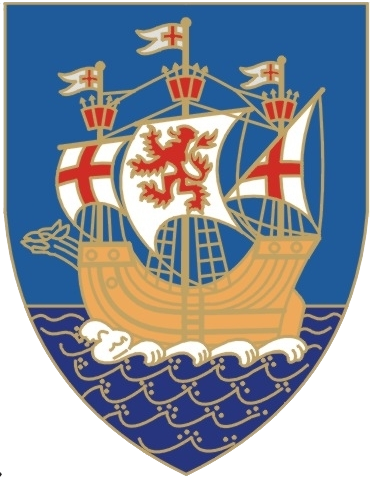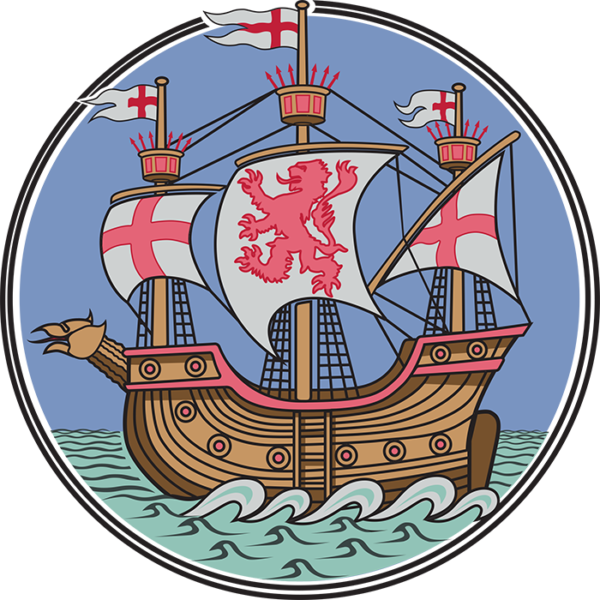
This is the first weekly newsletter from the Collaborative Communities Covid-19 Board and is designed to give you an update on the work of Suffolk partners to address the community challenges of Coronavirus.
Key facts about the Collaborative Communities Covid-19 Board:
- Made up of key agencies across Suffolk (listed below)
- Work being done supports the work of community or voluntary groups and aims to help co-ordinate between central and local government including mapping community support to identify gaps and avoid duplication
- The Board’s focus is in response to the Secretary of State for Housing, Communities and Local Government, Robert Jenrick’s, call to local public bodies to create ‘community hubs’ to coordinate county-wide efforts
- Particular areas of focus for the Board (covered below in this newsletter) are the Home, But Not Alone Phoneline; Local Collaboration with the VCS; Food and Logistics; Work with Foodbanks; Housing; and the Tribe-Volunteer App.
The Home, But Not Alone Phoneline:
- Freephone: 0800 875 6926
- Staffed 9am to 5pm everyday
- It is designed to help the most vulnerable in our communities
- Since the phoneline has been set up we have taken approximately 1,900 calls
- On average the team take around 250 calls a day
- The majority of calls are in relation to food deliveries and general enquiries
Phone calls are answered and cases managed by staff at each district, borough or county council depending on the type of enquiry. Wherever possible we link people in need with local groups and businesses, who are doing an amazing job in our communities. This phoneline is for vulnerable people in our communities, and not for general Coronavirus enquiries.
Below is a snapshot of the types of cases which are managed by the district/borough teams working closely with a network of voluntary and community groups and businesses across Suffolk:
- A relative who lives out of the area had concerns for her 92-year-old mother who lives alone and has vascular dementia so phoned the phoneline. The community response officer spoke to a local support coordinator who made contact with the mother and provided help and support that day. The family sent an email which said ‘thank you so very much for your amazing response and so quick….I am feeling so much happier knowing there is someone out there willing to give up their time for me and my family’.
- A 74-year-old woman in self-isolation was struggling with food and medication and didn’t want to be a burden on her family. She was signposted to a local volunteer project who helped her with her shopping and medication. Her details were also passed to a befriending scheme who matched her up to a volunteer who will call her for a chat. She was linked with Our Special Friends who can walk her dog for her. The woman reported feeling ‘very happy’ knowing there was support available.
- Community response officers helped a 91-year-old man who had no close support network and was in urgent need of food supplies. We gathered local intelligence about shops nearby who took payment over the phone and found volunteers who could deliver the food. In the end, the man just needed to place his food order and pay over the phone. He said he was very thankful for the support and the speed in which it was conducted.
- A father-of-two who was shielding following a kidney transplant last year was put in touch with his parish council and from there a local volunteer was arranged to offer support and food deliveries.
These are just a snapshot of the great work going on as Suffolk comes together to respond to the Covid-19 outbreak.
Volunteering within communities:
- Voluntary, community and social enterprise organisations: Community Action Suffolk, who sit on the Board, has put together a suite of resources and toolkits to support the coordination of new community groups. The guides range from very short information to consider when first setting up, to a more comprehensive toolkit on how to set up a structured group. There is a separate toolkit for groups that may be re-purposing, as changing the usual daily offer to manage Covid-19 volunteers can be complex. This toolkit will support groups with how they may need to do things differently. We have also added guidance around handling money and shopping as we understand this to be a particular challenge.
These resources can all be found on CAS website here https://www.communityactionsuffolk.org.uk/covid-19-response/covid-response-communities/
Community Action Suffolk is also leading a piece of work to map the fantastic response within local communities to support and help those in need. To date, 1437 community groups, VCSE organisations, town and parish councils, church groups and private businesses have been mapped that provide a vast range of services and support including, but not exclusively, shopping, medication collection & delivery, befriending and delivery of hot meals. Registration remains open on the CAS website and can be accessed here:
https://www.communityactionsuffolk.org.uk/coronavirus-community-emergency-response/
- Tribe Volunteer App: We have had a great response to the call-out for volunteers with more than 1,200 people signing up. We will update app users shortly with improvements to the app, which should enable local voluntary and community groups to connect with nearby volunteers. Thanks to all those who have registered and, as you can see from the case studies above, volunteers are being matched to need across Suffolk and the need for volunteers will undoubtedly increase as the pandemic continues. We’ll keep you updated on how the App is developing to support this work.
- Parish and Town Councils: Town and parish councils across Suffolk have prioritised the most vulnerable and addressed the risks associated with increased isolation as a result of the current lockdown. Activity includes leaflet drops, increased resources at community shops, volunteer coordination, partnership working with PCCs and other voluntary groups, district and county councillors, clustering by larger councils with smaller surrounding villages, good neighbour schemes, dedicated websites acting as information hubs, organising prescription deliveries through to being a voice at the end of a phone.
Food deliveries and logistics: We have been asked by Government to provide short-term food parcels to those identified on the Government’s shielding list. In Suffolk this is around 17,500 people. This work has been ongoing and food parcels have been delivered. This week Aldi agreed to set aside bulk amounts of their stock in order for us to fulfil these deliveries. We were offered the help of free vans to collect the food from John Gross and Tru7 Group, based in Martlesham. We have also had offers of support from Flagship Group.
Food banks: Funding has been committed for foodbanks which has been administered through the Suffolk Community Foundations wider Emergency Covid-19 Fund. The fund has raised more than £300,000 during the first 10 days since launching. Organisations can apply for up to £5,000 with applications being turned around within 24 hours and money granted within 5 working days. So far over £100k has been allocated to food related support across the county and more than £200,000 to other emergency interventions. Additionally district and borough councils are supporting local groups to ensure that funds are available and that food is getting to those most in need.
Community Action Suffolk are in weekly contact with the 60+ foodbanks across the county to access demand. Suffolk County Council are in the process of granting £30,000 to Fairshare (who have a depot in Ipswich) which will fund 540 (100kg) loads to be delivered to foodbanks in need. FairShare will also take delivery of UN Army Surplus food supplies kindly donated through the Suffolk Community Foundation by Vestey Foods with a cost value of £120,000 which will be used to supplement the loads. The Army have offered assistant to FairShare to help with distribution if required.
Housing: More than 800 rooms of accommodation have already been found for vulnerable people or key workers requiring temporary accommodation. Homes have also been found for Suffolk’s rough sleepers. We are working hard to ensure that we can meet the demand placed on the system as the pandemic continues, including the housing of prisoners, or those facing domestic abuse.
As we head into the Easter weekend, Suffolk’s NHS, emergency and public services have issued a message reminding people of their duty to stay at home, protect the NHS and save lives. We are being reminded that this is a public emergency, not a public holiday.
We hope you get the time to step away from the work this weekend and recharge your batteries.



